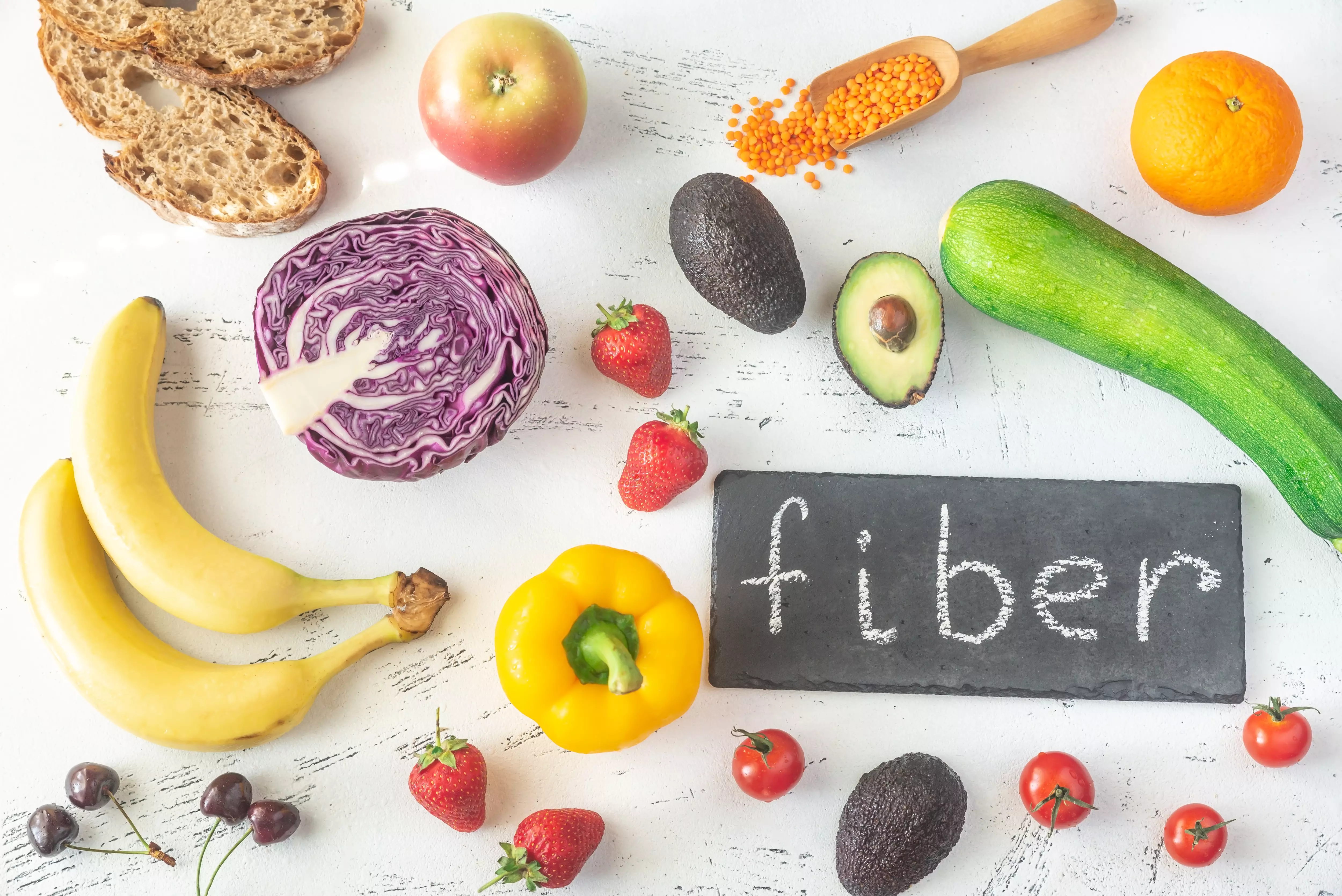Disorders of intestinal function
How to deal with intestinal dysfunction
Disorders of intestinal function are common and affect many people around the world. They can lead to unpleasant symptoms such as abdominal pain, bloating, diarrhea, constipation and other digestive problems. The good news is that there are many ways to deal with this problem. In this article, we'll discuss some effective strategies to help alleviate the symptoms of intestinal disorders and improve overall health.
A diet rich in fiber
One of the most important things we can do for our intestines is to incorporate more fiber into our diet. Fiber is extremely beneficial to our digestive system because it improves intestinal peristalsis, regulates blood sugar levels and helps maintain a healthy weight. Berries, citrus fruits, nuts, leafy green vegetables, whole-grain cereal products and many others are rich sources of fiber that should be included in your daily diet.
Let's also remember to consume enough water, as fiber acts like a sponge and absorbs water, which contributes to the proper functioning of the intestines. Drink at least 2 liters of water a day to ensure proper hydration of the intestines and facilitate bowel movements.
Healthy fats
It's also a good idea to include healthy fats in your diet, which have a positive effect on bowel function. Olive oil, nuts, chia seeds and avocados are rich in unsaturated fatty acids, which act as natural anti-diarrheal and anti-intestinal agents.
And let's not forget omega-3 fatty acids, which have anti-inflammatory effects and benefit intestinal health. Fatty fish such as salmon, sardines and mackerel are excellent sources of these valuable substances.
Supplementation with probiotics
Probiotics are beneficial bacteria that live in our digestive tract. They help maintain a healthy intestinal flora, regulate intestinal peristalsis and ensure better digestion. Probiotic supplementation can be especially helpful for intestinal dysfunction. It's worth reaching for preparations containing various probiotic strains to supplement deficiencies and increase the number of beneficial bacteria in the intestines.
It is also worthwhile to ensure an adequate amount of prebiotics in the diet. Prebiotics are substances that serve as a medium for probiotics. Onions, garlic, asparagus, bananas and oatmeal are examples of foods rich in prebiotics that are worth including in your daily diet.
Reduce stress
Stress has a negative impact on our entire body, including the digestive system. Too much emotional tension can lead to intestinal dysfunction. Therefore, it is important to take care of your mental health and find ways to relieve stress.
Regular exercise can help reduce stress and improve overall health. It's also worth exploring various relaxation methods, such as meditation, yoga and aromatherapy.
Summary
Bowel dysfunction can be a nuisance, but there are effective ways to deal with it. A diet rich in fiber and healthy fats, probiotic supplementation, and stress reduction are just some of the many strategies that can help improve gut function. Remember that every body is different, so it's worth experimenting and finding individual solutions that will bring relief and improve quality of life.
